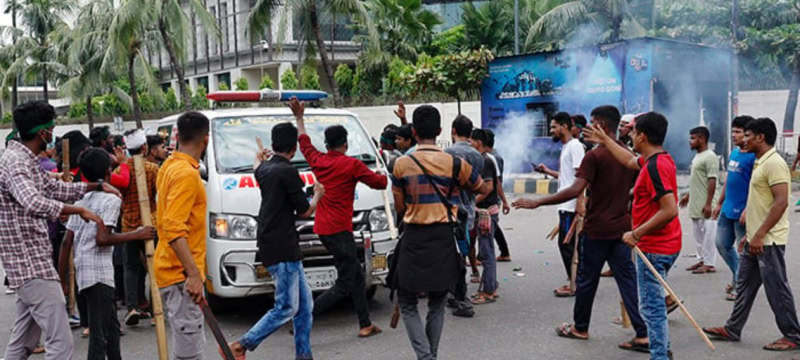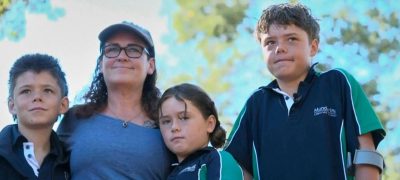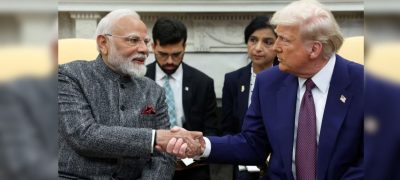On Sunday in Bangladesh, at least 91 people were killed and hundreds injured during violent clashes between protesters and police. The violence erupted as tens of thousands of demonstrators gathered to demand the resignation of Prime Minister Sheikh Hasina. This incident marks the deadliest single day of protests in recent Bangladeshi history, surpassing the 67 deaths recorded on July 19 during student-led demonstrations against government job quotas.
In response, the government has imposed an indefinite nationwide curfew starting at 6 p.m. and declared a three-day general holiday beginning Monday. The unrest has led to a nationwide internet shutdown and is considered the most significant challenge of Hasina’s 20-year tenure, following her re-election to a fourth term in an election boycotted by the main opposition party, the Bangladesh Nationalist Party.
Read more: Unicef Reports That Numerous Children Have Been Killed During Protests in Bangladesh
Critics and human rights organizations have accused Hasina’s administration of using excessive force against protesters, a claim her government rejects. Demonstrators have blocked major highways and engaged in violent confrontations, leading to attacks on police stations and ruling party offices.
In the north-western district of Sirajganj, 13 policemen were beaten to death, while nine more were killed in related violence. In Dhaka, at least 11 people, including two students and a ruling party leader, died amid fierce clashes. India’s foreign ministry has advised its nationals to avoid traveling to Bangladesh until further notice.
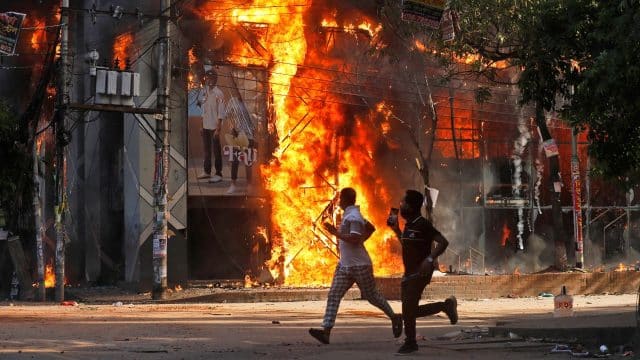
In the central district of Munsiganj, two construction workers were killed and 30 others were injured when clashes erupted between protesters, police, and ruling party activists. The victims, who sustained bullet wounds, were declared dead upon arrival at the hospital, according to Abu Hena Mohammad Jamal, the district hospital superintendent. Police, however, stated that they did not use live ammunition.
Meanwhile, in the northeastern district of Pabna, at least three people were killed and 50 injured in a confrontation between protesters and supporters of Prime Minister Hasina’s ruling Awami League party.
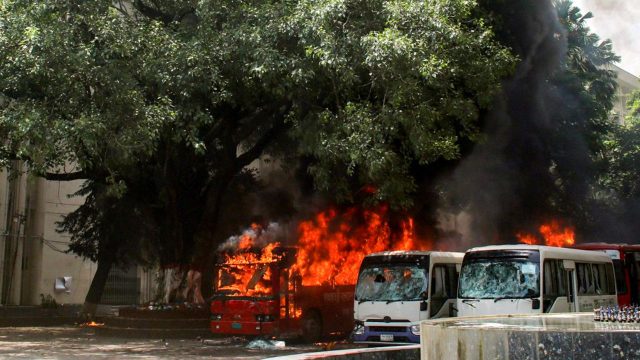
Hospital officials reported fatalities across several districts: eight in Feni and Lakshmipur each, six in Narsingdi, five in Rangpur, four in Magura, with additional casualties in various other areas.
Health Minister Samanta Lal Sen condemned the vandalism of a medical college hospital in Dhaka, where a group attacked the facility, setting fire to vehicles, including an ambulance.
In Ashulia, on Dhaka’s outskirts, at least four garment factories were also set ablaze, according to police.
In response to the ongoing protests, the government has once again shut down high-speed internet services. Social media platforms like Facebook and WhatsApp are inaccessible, even through broadband. Authorities instructed telecom providers to disable 4G services nationwide, leaving only 2G operational, as per a confidential government memo obtained by Reuters. The National Telecommunication Monitoring Center issued the order, warning that non-compliance could result in cancelled licenses. The telecom regulatory body did not respond to Reuters’ inquiries.
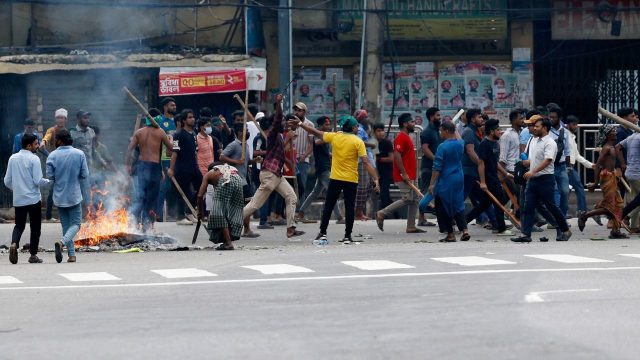
Last month, violence sparked by student protests against government job quotas resulted in the deaths of at least 150 people and thousands of injuries. Although the protests subsided after the Supreme Court abolished most quotas, sporadic demonstrations resumed last week as students demanded justice for the victims’ families.
Shakil Ahmed, an associate professor of government and politics at Jahangirnagar University, remarked that the situation might be beyond Prime Minister Hasina’s control.
In response to the unrest, Chief of Army Staff General Waker-Uz-Zaman instructed his officers to safeguard lives, property, and key state installations. He emphasized that the Bangladesh Army remains a trusted institution committed to the people’s welfare and state needs. General Zaman is scheduled to address the media on Monday, according to an army spokesperson.


